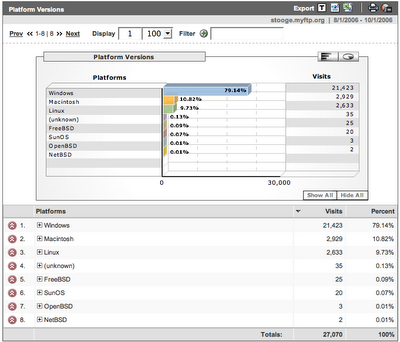www.43things.com
There is a Chinese saying:
I hear, I forget
I see, I remember
I do, I understand
This emphasizes learning by doing (or "service learning" jargonically), a very effective way of learning. Watching someone else do something looks too easy, until you actually get your hands on the job. The key to learning, therefore, is to just do it.
There's one more step, however. Time and again, I have amazed myself with the ability with which I forget things. I forget even those things that I discovered for myself in the first place! This undoes the learning I've earned, and something must be done to "retain" it.
Repetitions help in retention of learned material. For example, revising a book, writing the same paper again with a new viewpoint after a gap, trying to play an old song from college days on guitar, etc. Sometimes, even email reminders can do the trick for simple things (e.g. remembering events or facts like birthdays, tax submission dates etc).
Memory of learning gets consolidated by repetitions. Each new repetition adds to the previous, but permanence will still not be achieved. To keep the material in the memory, we have to keep practicing it. To keep practicing, we can join that profession, make a hobby out of it, or tie it to something else that is part of our routine. Different approaches work for different needs.
In this context, I remember a website www.43things.com, where you can know other people who want to do the same thing as you. The site can also send you reminders to help you "get started" on your work. 43things is just one part of a bigger theme of social collaboration, which you'll find by exploring the site a little bit more.
I shall explore memorization and learning in more details later... perhaps after this holiday season as school is keeping me too busy.
I hear, I forget
I see, I remember
I do, I understand
This emphasizes learning by doing (or "service learning" jargonically), a very effective way of learning. Watching someone else do something looks too easy, until you actually get your hands on the job. The key to learning, therefore, is to just do it.
There's one more step, however. Time and again, I have amazed myself with the ability with which I forget things. I forget even those things that I discovered for myself in the first place! This undoes the learning I've earned, and something must be done to "retain" it.
Repetitions help in retention of learned material. For example, revising a book, writing the same paper again with a new viewpoint after a gap, trying to play an old song from college days on guitar, etc. Sometimes, even email reminders can do the trick for simple things (e.g. remembering events or facts like birthdays, tax submission dates etc).
Memory of learning gets consolidated by repetitions. Each new repetition adds to the previous, but permanence will still not be achieved. To keep the material in the memory, we have to keep practicing it. To keep practicing, we can join that profession, make a hobby out of it, or tie it to something else that is part of our routine. Different approaches work for different needs.
In this context, I remember a website www.43things.com, where you can know other people who want to do the same thing as you. The site can also send you reminders to help you "get started" on your work. 43things is just one part of a bigger theme of social collaboration, which you'll find by exploring the site a little bit more.
I shall explore memorization and learning in more details later... perhaps after this holiday season as school is keeping me too busy.







 RSS
RSS








